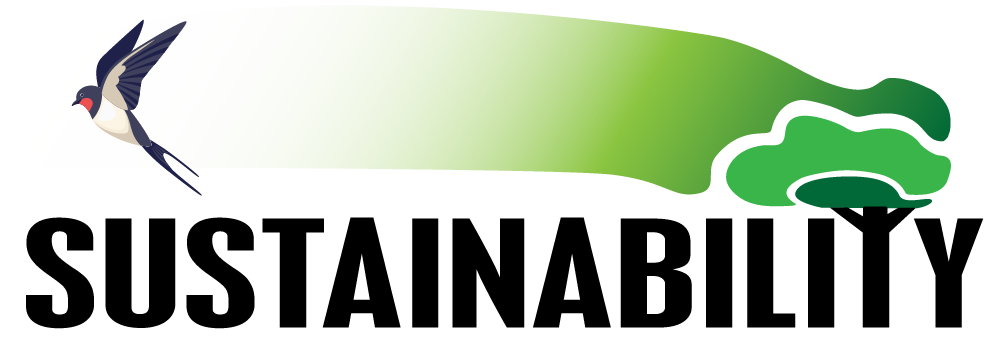
Eco-friendly, Sustainable Printing Practices.
We appreciate that more and more consumers demand accountability for the products and services they purchase. Sustainability isn't about politics, it's about ensuring a bountiful tomorrow by reducing our impact today. If nothing else, that's just good business.
Beware of Greenwashing! Some companies use a lot of fancy words, dizzying statistics and deceptive practices to cash in on good people's desire for a cleaner planet, while downplaying or obscuring their own environmental impacts. This is referred to as greenwashing. But we didn't create this page as a marketing gimmick or a self-congratulatory pat on the back. We believe that being honest about what we do and why is the best way to prepare for bigger conversations in the future. We welcome any suggestions or ideas!
Sustainable Paper
Recycled copy paper is the most sustainable printing option.
We're all reliant on the same essential natural resource: timber. But not all printing companies are equally conscientious of where their paper is sourced, how it's produced and whether it's replenished.
All our paper is certified by the Forest Stewardship Council or the Sustainable Forestry Initiative. These papers are all composed of at least 30% post-consumer recycled content. They're produced in an acid-free environment, reducing the impact on ground water aquifers.
Printing on 100% recycled paper is easily the most sustainable option:
100% Recycled 28/70# Text ♻️
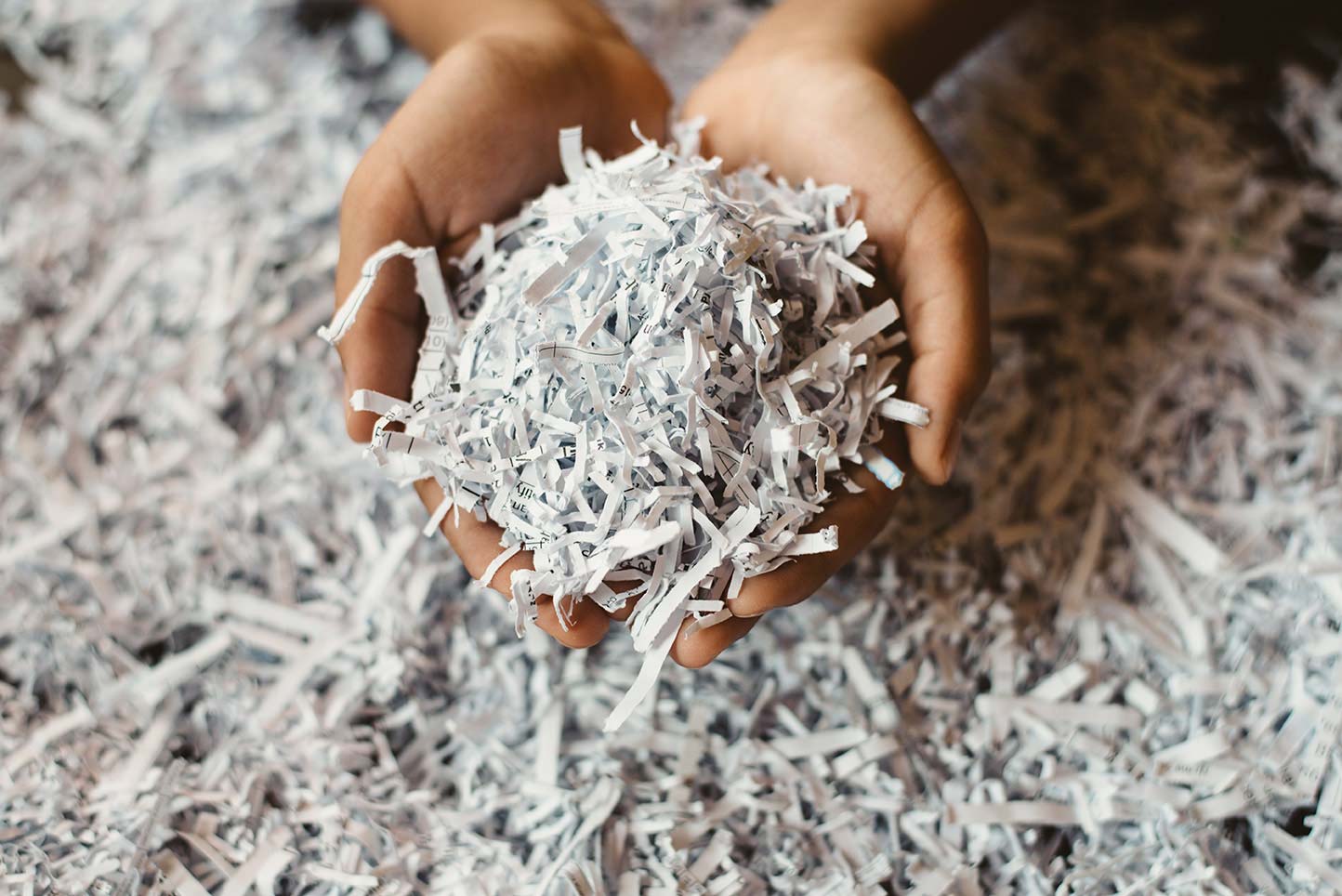
This mid-weight recycled copy paper is popular for sustainable book printing, letterhead and brochures.
Due to being recycled, it does have a rougher feel, and the fibers are more visible on the surface compared to the regular 28/70# Text Smooth. But some people prefer a natural feel for certain projects, and your audience may appreciate knowing why this is!
100% Recycled 80# Cover ♻️

Like the 28/70# Text, this cover stock has a textured surface due to the fibers of the recycled paper content. The stock is slightly thinner than a typical business card.
This is popular for recycled business cards, book covers, greeting cards, posters and more.
Don't Be a Showoff!
Let your audience know you printed on 100% Recycled Paper by importing one of these graphics. If green sustainability is part of your brand, make it part of your product.
Plant-based, Polymerized Toner
We use genuine Konica Minolta polymerized toner, which reduces the impact on the environment in a few ways:
- Energy Consumption: Polymerized toner requires less processing and less heat to apply than traditional toner, which reduces the electricity consumption during both manufacturing and printing.
- Plant-based Biomass: Roughly 9% of the raw material used to make the toner comes from renewable, bio-organic resources - not petroleum or other fossil-derived products.
- Reduced Emissions in Manufacturing: The simplified process of producing polymerized toners reduces gas emissions compared to pulverization methods.
In-plant Recycling
We recycle empty toner bottles, cardboard, plastic, glass, paper, batteries, electronics...
Anything that can avoid the landfill gets a second lease on life.
Fortunately, plastic water bottles are not one of these things due to a strict policy of...
No Plastic Water Bottles
One of the biggest sources of plastic waste is single-use water bottles. Even if you reuse them several times, and even if you recycle them, it contributes to more emissions, more energy consumption and more waste.
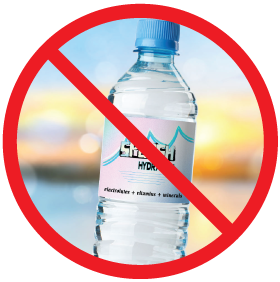
Convenience isn't just bad for the environment, either — it's costly.
We made the decision years ago to stop supplying bottles of water for our team and return to the water-cooler model instead. Now our water jugs are refilled on a regular schedule, we have hot water on demand, and water stays cold much longer in our personal, double-walled bottles.
Print on 100% Recycled Paper Today!
Click on any of our most popular products below, and we'll automatically fill-in the 100% Recycled 80# Cover and/or 100% Recycled 28/70# Text where appropriate.
Sustainable Printing FAQ
We applaud your decision to support green, sustainable printing practices. Find answers to common questions about recycled paper, digital print sustainability and more below.
Is digital printing sustainable?
Digital printing is more sustainable overall than traditional offset (ink) printing in numerous ways. Offset presses require printing plates, which wear out and must be replaced over time. Digital printing does not. Offset printing also involves more chemicals due to the substantial cleaning required compared to digital.
Paper waste is also a consideration. Most of our jobs are 8.5x11, which means they can be printed 2-up on 11x17 and cut in half with no paper waste. But offset printing starts with much larger sheets or rolls of paper, which requires more cutting and leftover scraps. Much more paper is also wasted in setup and color matching compared to digital.
The economy of digital printing versus offset also reduces waste, albeit indirectly. Setting up an offset print job is quite expensive, but that becomes an ever smaller fraction of the price total as the quantity goes up. This leads some people to print more than they will ever need without factoring in the money wasted for the amount that will go unused. Digital printing has virtually no setup cost, but prices still go down with higher quantities. So you can order exactly the amount you need without wondering if you should have doubled or tripled the quantity to "save money."
Is recycled copy paper good for printing?
100# Recycled paper is ideal if you want the assurance you're making the smallest environmental impact possible. But because it is composed of smaller paper fibers which are reconstituted from recycled pulp, the surface texture is rougher than the regular Smooth and Glossy stocks we carry.
In some cases, this can be a benefit rather than a detractor. The rougher surface gives the product a more natural feel, and if being green is part of your brand image, your audience will appreciate knowing you used the greenest paper available.
Can shredded paper be recycled?
As with many recycling questions, it depends on what your local facilities and services accept. Overall, shredded paper has less recycling value than full sheets due to the shortened fiber length. Still, many services will accept it as long as it is bagged and tied up separately. Do not intersperse the shreds with your other paper recycling.
Some shredded paper can be composted, as long as it is not glossy or colored paper.
Can glossy paper be recycled?
Most glossy paper can be recycled just fine. As long as there is no lamination or other plastic coating, you should have no problems.

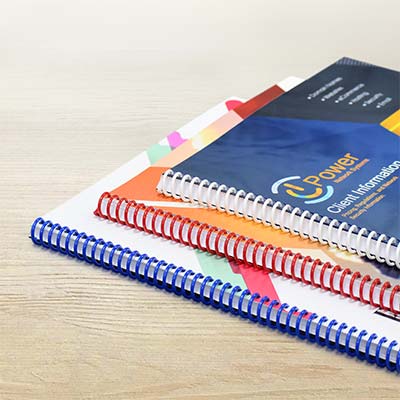
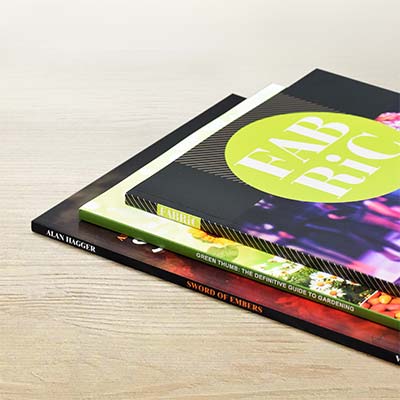
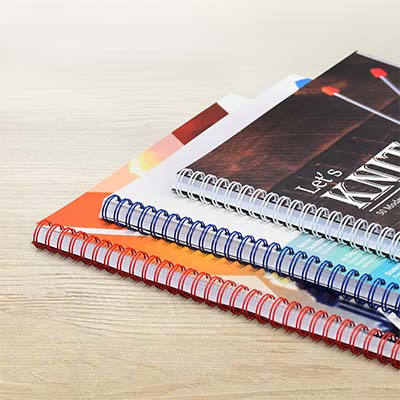


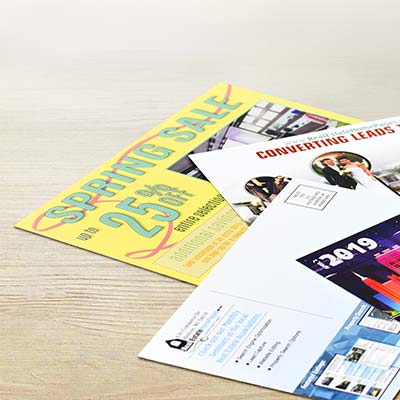
 Processing...
Processing...